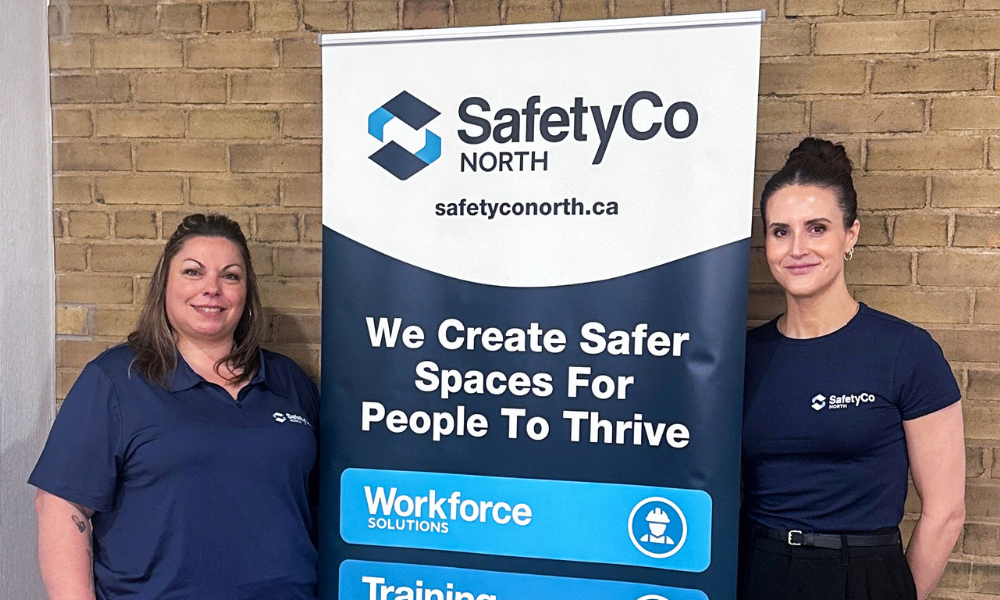'Best outcome…is an injury that never happened' says CEO of safety association

Construction Safety Nova Scotia (CSNS) is embracing its role in addressing the issues identified in the Workers' Compensation Review Committee’s latest report. With a strong focus on injury prevention, CSNS views the report as a significant step toward reforming the workers' compensation system in Nova Scotia.
MJ MacDonald, CEO of CSNS, expresses her satisfaction with the report, noting that Nova Scotia had long awaited this review. “We were really pleased with the report. We felt that it was overdue,” says MacDonald. She highlights that CSNS is particularly aligned with the report’s emphasis on prevention, which is fundamental to CSNS’s mission. “Prevention is the ultimate way of achieving a better system overall,” she adds.
The Workers’ Compensation Review Committee’s report outlines ten priority areas for reform, many of which resonate deeply with CSNS’s core mandate of safety education and injury prevention within the construction industry. One such recommendation focuses on reducing time-loss claims, a goal that aligns directly with CSNS’s initiatives. The organization has trained over 300,000 workers and achieved the lowest-ever injury rate for the construction industry in Nova Scotia in 2023, at just 1.52 per 100 workers.
A key part of CSNS’s strategy for addressing the report’s concerns is its emphasis on psychological safety and mental health in the workplace. “Psychological safety is a big area for us,” says MacDonald, “we’re doing a lot of awareness building and education in this domain.” CSNS has been actively promoting mental health through campaigns and training programs, including partnering with the Canadian Mental Health Foundation to deliver Mental Health First Aid courses to its members.
Another central concern raised in the report is the effectiveness of return-to-work programs, particularly for small and medium-sized businesses that lack significant HR resources. CSNS has been working closely with the Workers’ Compensation Board (WCB) to provide return-to-work education. “We’ve developed a half-day course that we deliver both virtually and in person,” says MacDonald. She emphasizes that educating employers on how to safely return workers to their jobs is crucial in reducing the duration of injuries and supporting both workers and employers through the process.
The importance of CSNS’s role is underscored by comments from Douglas Reid, chair of the Workers’ Compensation Review Committee. “We have some of the highest employer premiums, the lowest benefits for workers unable to work due to injury, and the longest duration of injured workers off work,” said Reid. This stark reality is why CSNS is focused on fostering collaborative solutions, such as its work with the WCB and the Department of Labour, Skills, and Immigration.
Looking ahead, MacDonald is confident that with a renewed focus on prevention and collaboration, the construction industry can continue to lead by example in improving safety. She chairs the Construction Safety Coalition, which brings together various stakeholders to find practical solutions to shared challenges. “We haven’t fixed this yet, and this is a call to action,” she says.
Ultimately, MacDonald reiterates prevention remains the best path forward. “We strongly believe... that the best outcome for any system is an injury that never happened.” As Nova Scotia’s construction sector embarks on major new projects, CSNS remains committed to its vision of making the industry the safest in Canada.





